How to cut the cost of home insurance – without losing cover
Knowing how to cut the cost of home insurance (without compromising your cover) is crucial at a time when prices are rising all around us
With the cost of everything from putting food on your plate to fueling your car rising, the last thing you’ll want to do is spend a penny more than you need on your home insurance.
However, scrimp on your home insurance too much and there’s a risk it doesn’t do the job you need. You could find that you do not get the payouts you expect, or worse that claims are rejected altogether.
Getting a good deal on your home insurance isn’t about getting the cheapest price or shelling out for the most comprehensive plan; it’s about finding the best value and choosing a policy that suits you and your home.
GoCompare’s home insurance expert, Ceri McMillan, says: 'To get the right level of home insurance cover at the best price for you, it’s important to shop around. Policies can vary widely in price, and also in terms of the cover they provide.
'Ultimately, the most important thing is making sure your policy offers the right level of cover for you. So, read policy documents carefully before making your decision.'
From shopping around to advice calculating the value of your possessions, find out how to cut your home insurance bill without sacrificing the cover you need.
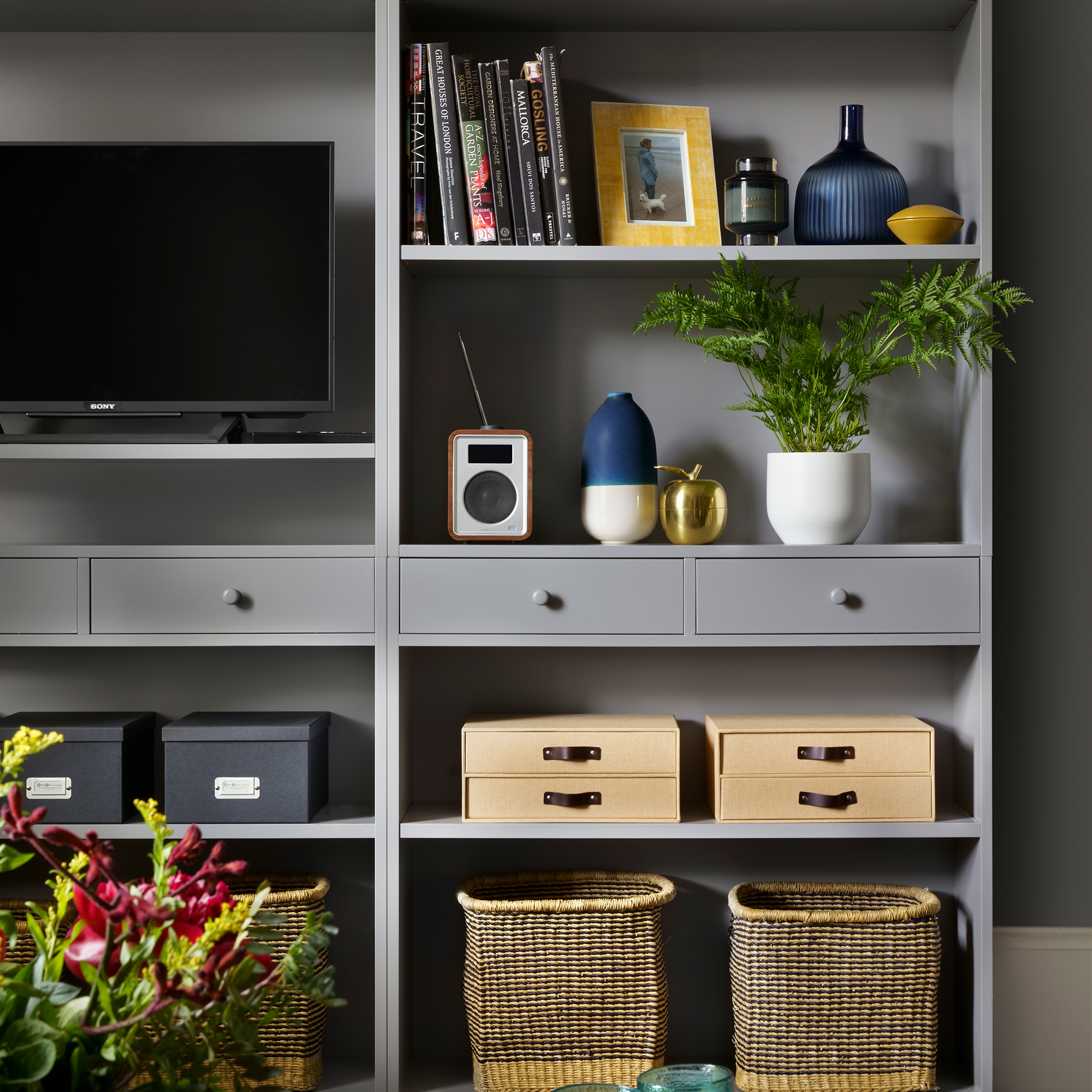
1. Buy combined home insurance, but only if you own your home
Home insurance is actually made up of two policies: buildings insurance to cover the structure of your home and contents insurance to protect everything in it. It’s usually cheaper to buy both policies in a combined plan with the same insurer but always compare it against the cost of two policies to be sure.
'If you own your own home you’ll need both, so consider buying a combined buildings and contents policy,' suggests Sarah Poulter, media relations manager at Aviva. 'But, if you rent, you would only need contents insurance.' This is because it is your landlord, as the owner of the property, that is responsible for the structure of the property and buying adequate buildings insurance.
2. Shop around every time you renew
It’s quick and easy to renew your home insurance with the same provider each year. However, even if it was the best deal a few years ago, it’s unlikely it still is. So next time your policy comes up for renewal shop around on a comparison site, such as our sister brand, GoCompare, before you agree to another year with your current insurer.
Once you’ve purchased your policy, make a note in your diary a month or so before it's due to renew to ensure you have plenty of time to shop around once again. Jessica Willcock, home insurance expert at Confused.com says: “Historically, data has shown that shopping around about three weeks before your renewal date could save you the most money."
3. Choose the right level of cover for you
Sarah Poulter says: 'It’s important to choose a product that best fits your needs. Many insurers offer tiers of cover and you may find that a lower tier is suitable.'
While a five star, bells and whistles policy might give you peace of mind, it won’t give you value for money if the additional benefits it offers aren’t relevant for you. There’s no point, for example, paying for extra cover in the garden, if your garden is basically the kids’ football pitch and there’s nothing more than old flower pots and junk in the shed.
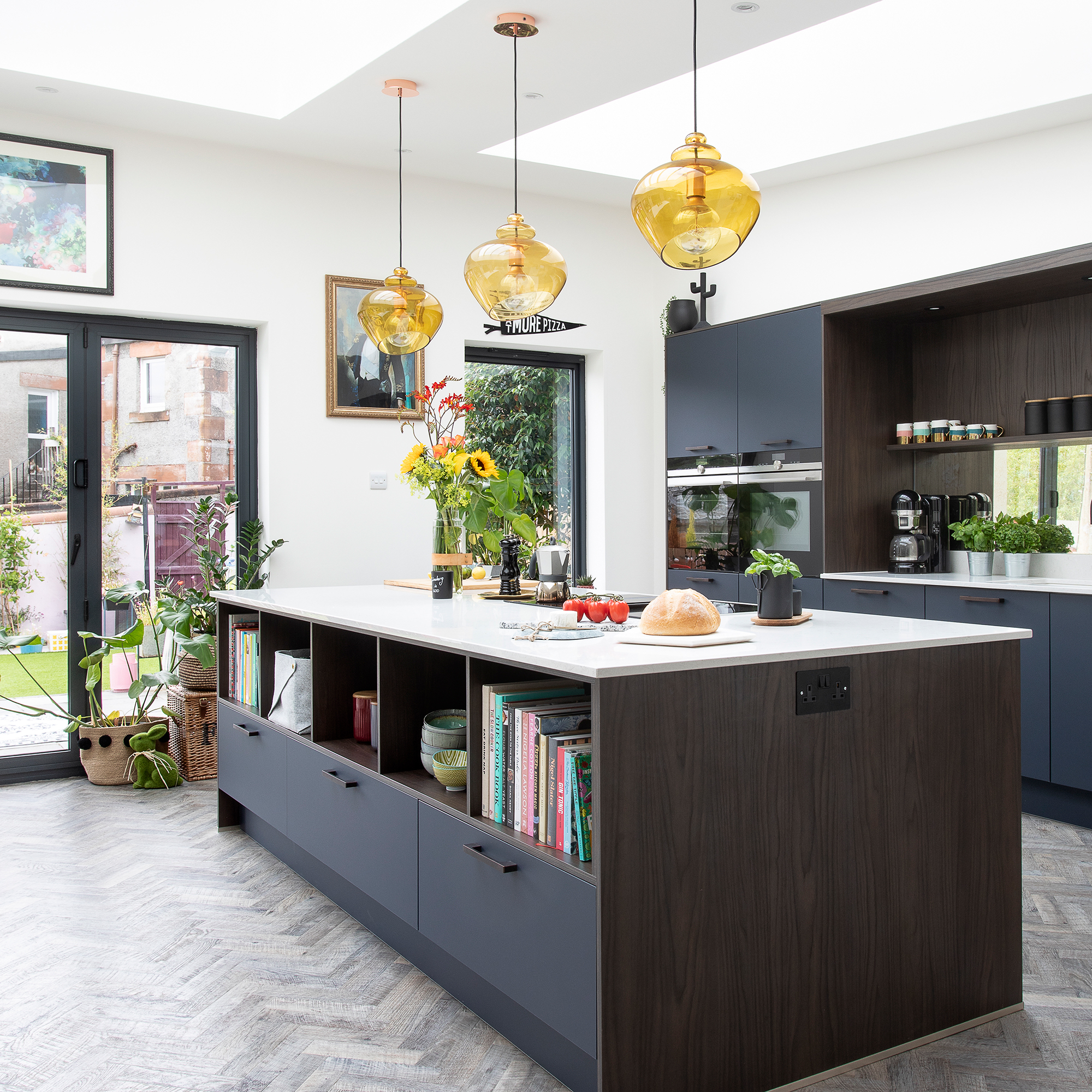
4. Take care valuing your possessions
Try and ensure you calculate the value of your possessions so you don’t end up buying cover you don’t need. Jessica Willcock says: 'Overestimating this by a significant amount could mean you're paying more, as insurers will see this as being a more expensive claim. But if you don't need £40,000 worth of cover, don't add it, and you might see your price reduced.'
5. Don’t confuse the rebuild cost of your home with its value
If your home is damaged beyond repair, in a fire for example, your home insurance will cover the cost of rebuilding it. For this reason your insurer will request a rebuild cost figure for your house, however it’s important not to confuse this with its current market value, which will be higher.
Willcock says: 'These are not the same thing, and matching the rebuild cost to the value of your home could see your price increase, as insurers will base the rebuild claim on this.' Few of us will know how to accurately estimate this figure, however there are online calculators that can help such as this one from the Association of British Insurers.
6. Choose a higher excess level
The excess is the amount you need to pay towards any claim. Sarah Poulter says: 'Most home insurance policies have a standard excess if you make a claim, but you can choose to pay a higher excess to lower your premium. Just check you could afford to pay for it if you needed to make a claim.'
7. Check if your home is in a flood risk area
If you live in a flood risk area ask potential insurers if they are signed up to the Flood Re scheme, suggests Sarah Poulter. This scheme makes home insurance more affordable for people who have homes with a higher risk of flooding. 'Some insurers are not part of the scheme and premiums may be higher for people living in high-risk areas, or they may exclude flood cover altogether, so it’s important to check.'
8. Work on your no claims discount
It seems counter-intuitive not to claim on your home insurance, it’s the reason you bought it after all. However, just like your car insurer, your home insurer will usually offer a no-claims discount. The more years you can go without claiming, the bigger the discount you’ll get and it shouldn’t usually matter if you switch insurers either.
This means it’s worth thinking twice before putting in smaller claims, where you can easily afford the cost of repair, and keeping your insurance for bigger, more costly disasters.
9. Improve your home’s security
Upgrading your home’s security will not only reduce the risk of a burglary, it may also lower your insurance bill. Jessica Willcock says: 'Any burglary deterrents could ultimately mean you are less likely to have a break in and make a claim.'
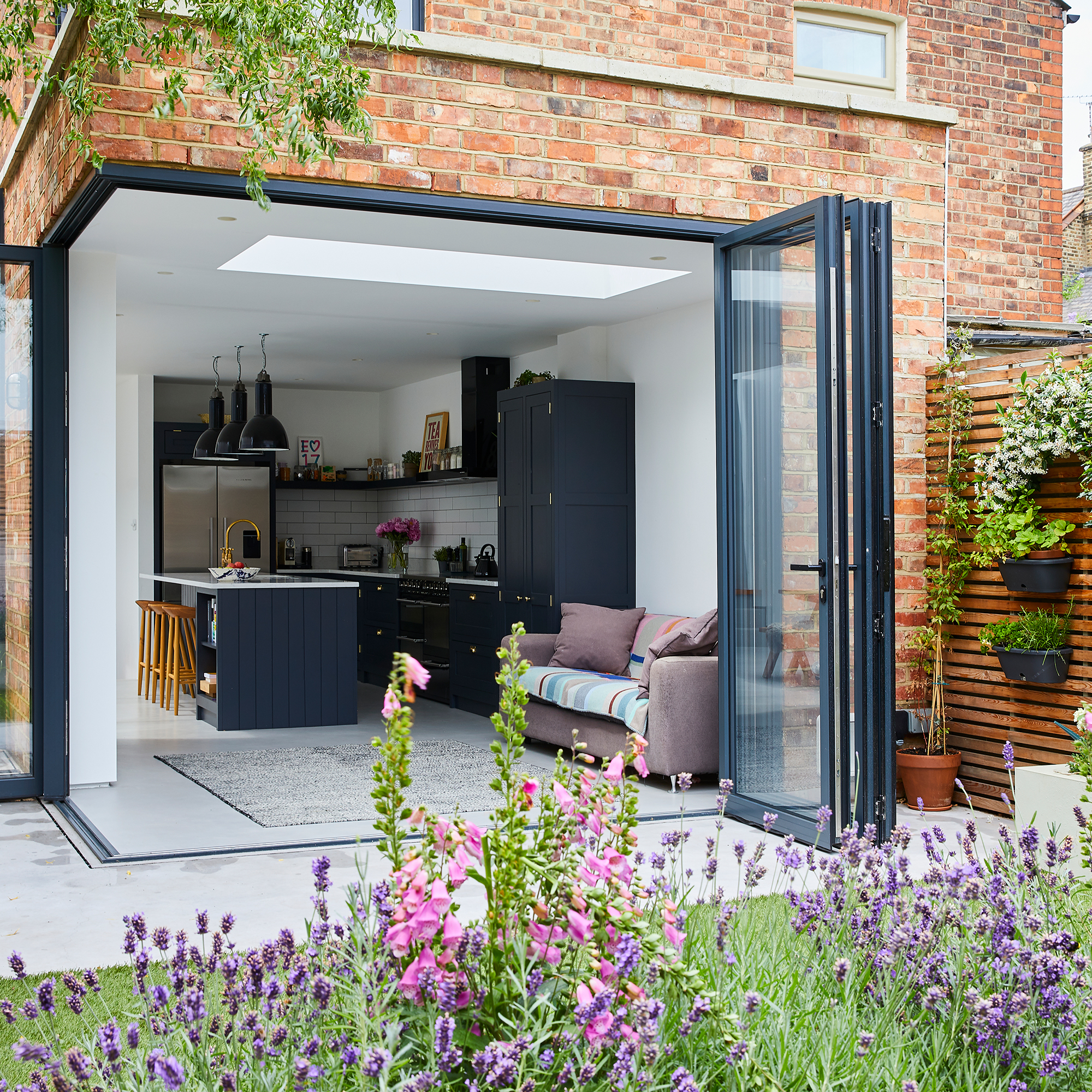
10. Stay on top of your property maintenance
Just as you want to minimise the risk of a break-in and losing possessions, if you want to reduce the risk of claiming it’s also important to take care of your property itself. This includes insulating your pipes (so they don’t burst in a cold winter), unblocking your gutters and removing tall trees. In fact, insurers may not pay out for claims if they think the property hasn’t been properly maintained.
11. Think carefully about add-ons
When you take out your home insurance, think carefully about adding bolt-on cover to your policy such as accidental damage, for an extra fee. It could be worth its weight in gold if you like red wine and pale carpets but, if accidents are few and far between, or you’ve a slush fund that could cover any emergencies, it may be an unnecessary expense. Also think carefully about whether you need personal possessions to be covered away from – your phone, for example.
12. Don’t double up
If your possessions are covered by your home insurance, don’t fall into the trap of buying additional cover when you buy new items. Sarah Poulter says: 'You may be asked if you want to take out insurance when you’re buying a new sofa, carpet or mobile phone, so make sure you aren’t already covered by your home insurance, especially if you have cover for accidental damage.'
13. Look at multi-product discounts
'Some insurers will offer you a discount, if you have more than one product with them, for example home, motor, travel and even health insurance,' says Sarah Poulter. Buying all your insurance from one provider isn’t necessarily the cheapest option, nonetheless it’s worth taking advantage of these discounts if you’re happy with the insurance company in question and are the sort of person that likes to keep everything in one place.
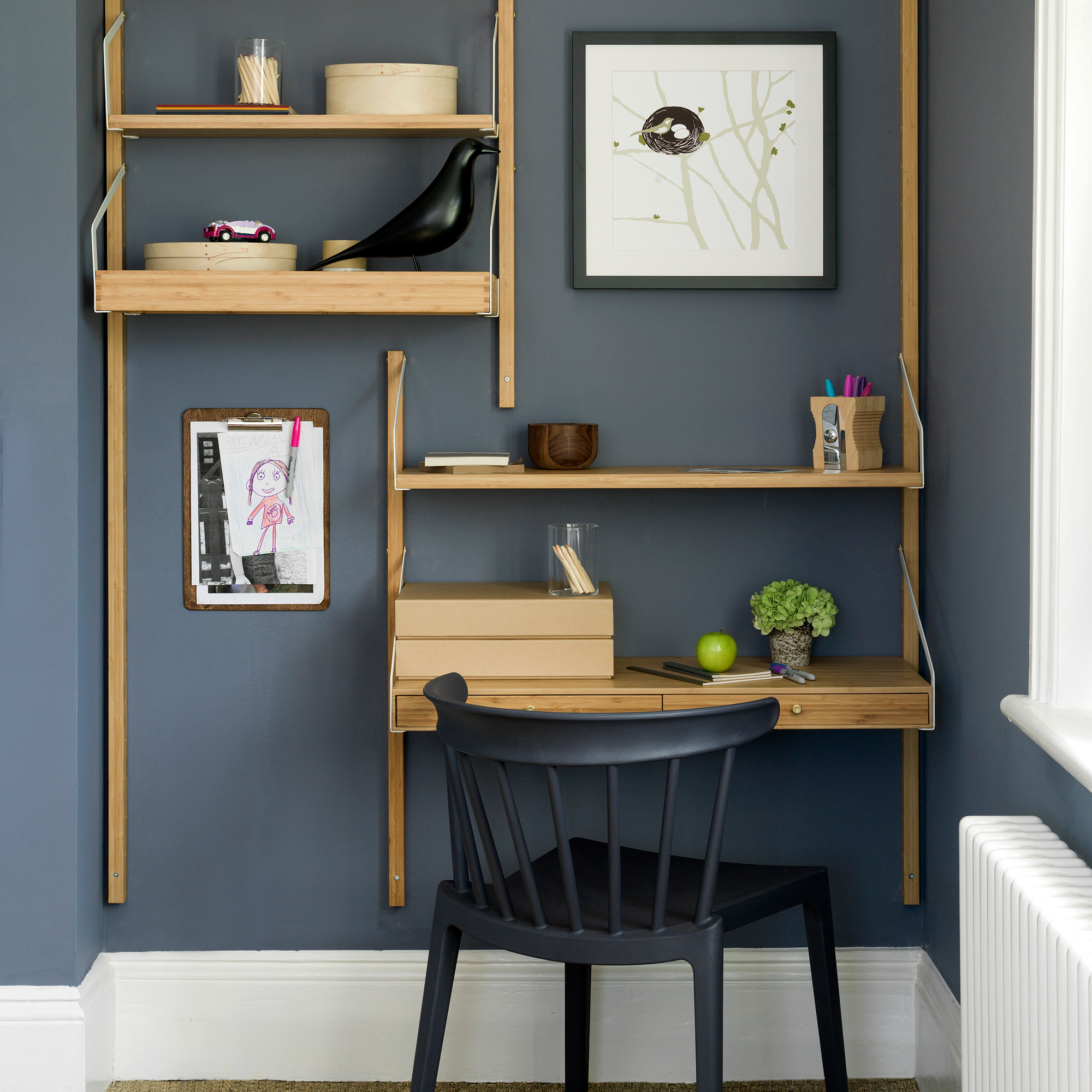
14. Pay for your insurance in one go
Your home insurance can cost you several hundred pounds and so you may well be tempted to spread the cost of your insurance over the year by paying monthly. However, while some insurers will permit you to pay monthly, you are effectively borrowing from your insurer when you do this. As such interest will be charged so you will pay more overall as a result.
15. Know the limits of your policy
When you buy home insurance it’s vital to check your most valuable – and precious – possessions are covered. Sarah Poulter says: 'Contents policies usually have a single-item limit, often between £1,000 and £2,000.' This is the maximum the insurance company will pay out for any one thing.
'Insurers will usually state that any items above this limit should be listed separately on the policy, to ensure that the items are covered.' You’ll usually have to pay more to ensure these items are properly insured, but this is one area where you don’t want to scrimp – especially if items have sentimental value too.
Get the Ideal Home Newsletter
Sign up to our newsletter for style and decor inspiration, house makeovers, project advice and more.
-
 My go-to Ninja coffee machine is on sale for Easter weekend
My go-to Ninja coffee machine is on sale for Easter weekendIt makes coffee shop quality achievable at home
By Molly Cleary
-
 When to plant out annual flowering plants for vibrant, colourful garden borders – and give them the best start, according to experts
When to plant out annual flowering plants for vibrant, colourful garden borders – and give them the best start, according to expertsNot sure when to plant out annual flowering plants? We've got you covered...
By Kayleigh Dray
-
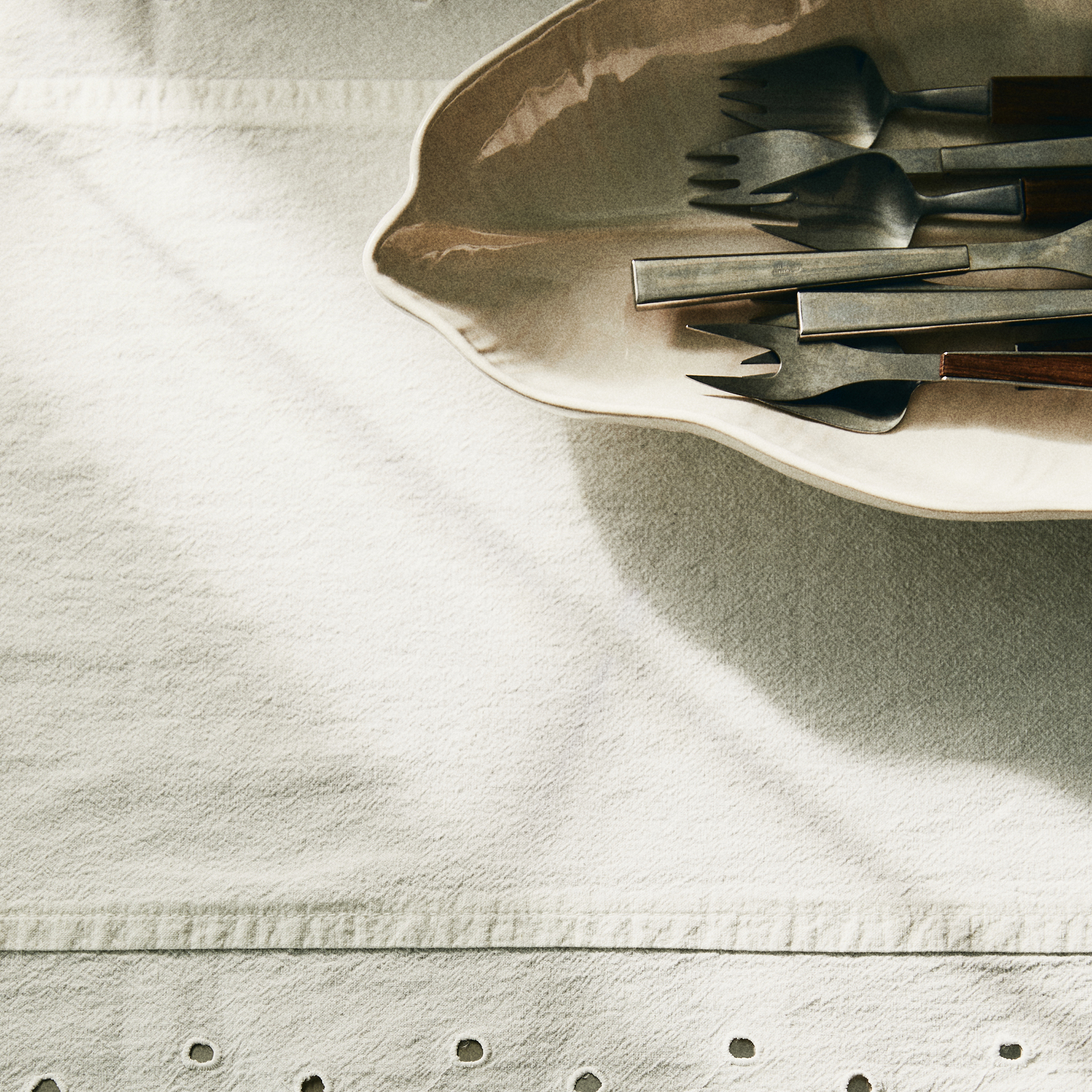 I'm a kitchen decor editor and didn't like this tableware trend - until I saw H&M Home's designer-look plates
I'm a kitchen decor editor and didn't like this tableware trend - until I saw H&M Home's designer-look platesThey made it easy to justify a new crockery set
By Holly Cockburn
-
 You can claim back over £300 a year from HMRC if you work from home - here’s how to check if you’re eligible
You can claim back over £300 a year from HMRC if you work from home - here’s how to check if you’re eligibleWhen it comes to saving, every little helps
By Kezia Reynolds
-
 Experts have revealed the best day to renew your home insurance policy - you’ll want to do it sooner rather than later
Experts have revealed the best day to renew your home insurance policy - you’ll want to do it sooner rather than laterDon't leave this task at the bottom of your to do list
By Kezia Reynolds
-
 Is a variable rate mortgage ever a good idea? Experts weigh in
Is a variable rate mortgage ever a good idea? Experts weigh inOur money expert explains what a variable rate mortgage is, who they can be good for, and the pros and cons of this kind of mortgage
By Samantha Partington
-
 I’m a first-time buyer, what are my chances of getting a mortgage right now?
I’m a first-time buyer, what are my chances of getting a mortgage right now?And what you can do to increase your odds
By Rachel Wait
-
 Should you ever pay above the asking price for a home?
Should you ever pay above the asking price for a home?Our money expert explains whether you should ever pay over the asking price for a home, especially if house prices fall as predicted
By Samantha Partington
-
 Should I fix my mortgage and how long should I fix for?
Should I fix my mortgage and how long should I fix for?We speak to the experts to find out whether you should fix your mortgage and how long for as well as the impact further interest changes could have on your decision
By Samantha Partington
-
 We put your mortgage questions to two leading experts, here's what they said
We put your mortgage questions to two leading experts, here's what they saidAs mortgage panic continues, we've answered the most common questions - from when mortgage rates will come down, to when you actually have to pay stamp duty
By Samantha Partington
-
 'My mortgage is set to skyrocket - what should I do?' 5 potential solutions from a money expert
'My mortgage is set to skyrocket - what should I do?' 5 potential solutions from a money expertIf you're facing higher mortgage costs, our money expert explains various courses of action you could take to ease the pressure
By Samantha Partington